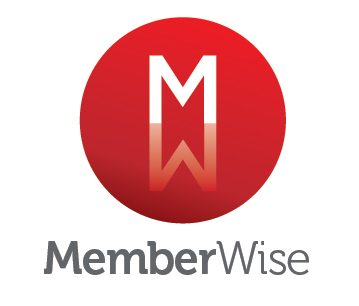Scenario 1:
I’m studying for a qualification in my chosen field and have been asked or advised to join a relevant professional body. Sounds like a good idea, I get access to all this valuable knowledge and information, plus it will look great on my future CV. And bonus…its free!
Scenario 2:
I am studying for a qualification and my College or University has “signed me up” for membership of a professional body. I might use some of the benefits but in reality, I can’t remember what they are, and I think all the correspondence goes to my University email address anyway.
Scenario 3:
In order to study for my qualification, I was required to join a professional body. It’s free and I have access to all the benefits and services on offer which are useful while I’m studying. What makes you think I would want to become a full member when I graduate and pay a substantial subscription fee?
The problems around student conversion continue to be a challenge for most professional bodies. Our research shows that conversion rates are still very low and anything above 20% would be a good result. Although the scenarios above are merely examples of certain student perspectives, they do highlight some of the issues membership bodies face. For many students, the question is “what’s in it for me now?” while for others it’s “am I a member, I didn’t even realise?”
It could be argued that a student in scenario 3 is easier to convert due to the nature of their involvement with the organisation and their intended career path. However, underlying issues around member engagement and good “housekeeping” still remain. Unless they are making full use of the benefits, it is likely their awareness of how membership can assist them following graduation, is fairly low.
In order to raise awareness and address any underlying concerns, it is important to engage with students on a more targeted and personal basis. It is about emphasising the significance of membership for their career progression and eventually preparing them for their first renewal. The relationship should always be with the individual regardless of who completed the registration.
The academics have a key role to play in this, as they are the first line of contact for their students and therefore might be viewed as more relevant on a day-to-day basis than the professional body itself. The professional body needs to provide the academics with tools to help them promote membership to their students as fundamental to their learning and development, and not just an incidental component of their course.
For all professional bodies, student membership should be the incubator for new and future members and the start point of a long-term member journey.
In our next article on the topic, we will discuss our thoughts on the practical aspects of student conversion and what that means for recruitment, renewal, and retention.
Hall Associates Europe deliver membership improvement and growth. To find out more, click here.










Leave A Comment